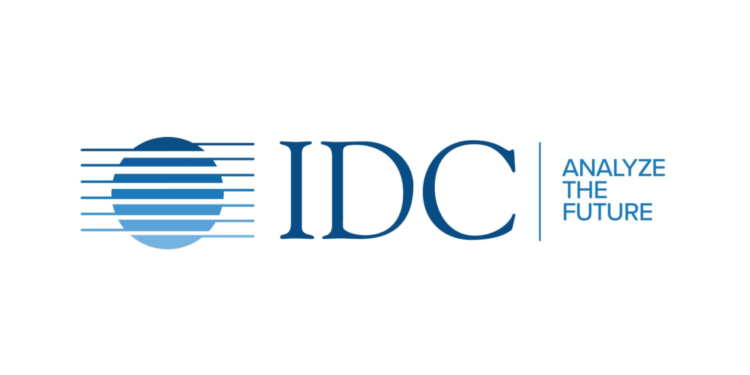According to a recent International Data Corporation (IDC) survey, firms with the most mature environmental, social, and governance (ESG) programmes are increasingly turning to software platforms for data management and reporting. This marks a significant shift from reliance on ESG consultants and service providers towards independent ESG programme management.
Among firms that have implemented ESG software, IDC identified three phases of maturity. Early-stage maturity firms have formal disclosure and compliance processes, but ESG still needs to be a daily practice component. Companies in the medium stage of maturity have created key performance indicators (KPIs) and controls for ESG goals. The last stage of ESG maturity is shown by incorporating ESG within the organisation’s business model and strategy.
IDC discovered some variation in ESG maturity across industries, with the manufacturing and services sectors further advanced in their ESG journeys than the education and government sectors. However, notwithstanding these differences, the goals of ESG software across industries were generally the same: data management, data reporting, and risk management.
Data management was cited as the primary reason for this decision among firms that have deployed ESG software, followed by ESG reporting and ESG risk management. Similarly, the poll found that the most significant business priority for ESG software was the administration of sustainability targets. Yet, the top four corporate motivations for ESG software were identified as enhanced compliance, increased financial performance, improved brand perception/customer loyalty, and improved operational efficiency.
While reporting was regarded as the most significant ESG software tool, data management remained a key consideration in purchasing software. Although both internal sustainability goals and external reporting campaigns rely on the availability of high-quality data, survey respondents named data management, certification, and analysis three of the most important ESG software features. In addition, carbon accounting, non-carbon accounting, and audit management were among the essential ESG software tools for meeting these data needs.
The IDC report, ESG Software Perceptions Survey, looks at how firms prioritise and perceive important ESG management technologies. The paper examines ESG reporting demands by geographic region, industry, and firm size, in addition to the aims and business considerations driving ESG software adoption.





